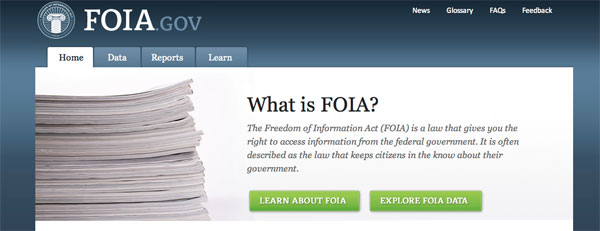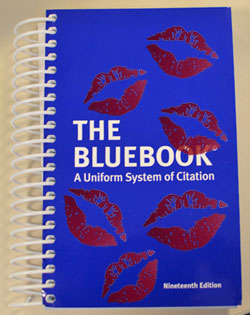Dear Bieber Nation:
We are trademark counsel for Justia Inc., the well-known free legal research resource service provider. Our client is the owner of the Justia service mark, which is protected by federal and state intellectual property laws, including the Lanham Act, and state common law and statute.
It has come to our attention that the teen pop sensations Justin Bieber and Selena Gomez have infringed on our service mark by adopting the celebrity couple moniker “Justia,” following in the tradition of pop culture couples such as Brangelina and Bennifer.





 Have you heard that
Have you heard that  In April 2010, Karen McPeters filed a
In April 2010, Karen McPeters filed a 

 Friends, lawyers–did you know that the
Friends, lawyers–did you know that the 